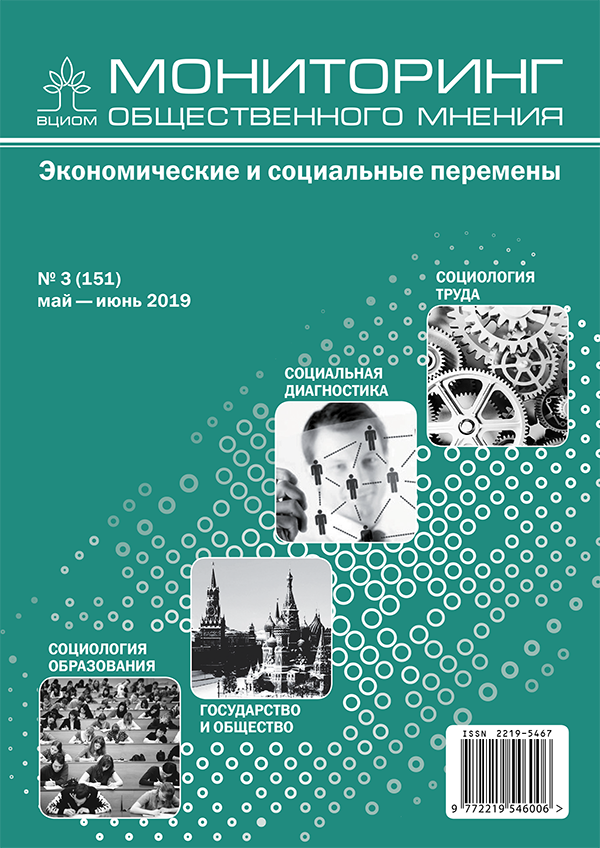Women’s academic career: work-life balance and imbalance
DOI:
https://doi.org/10.14515/monitoring.2019.3.03Keywords:
women's career in science, work-life balance, academy, universityAbstract
The article aims to analyze the potential of the work-life balance concept and possibilities to apply it in the academic environment. The origin of the concept is related to gender ideology, women’s needs in certain institutional activities to remove labor barriers, a symbolic and economic recognition of women’s housework and care. The formula refers to a switch in life cycle construction to individual choice either in the shape of the event synchrony or diachrony and a switch from external control over life project to self-determination. The elements of the concept are as follows: a wide scope of family forms, increased subjectivization, a search for compatibility in different life spheres under flexible working hours, methods to arrange time-dependent demands according to time budget, increasing demand for quality of life in its subjective and objective dimensions. However the balance concept implies the opposite: instability and imbalances considered in the article in terms of the established patterns of academic career in Europe and Russia. The labor conditions academic middle class works in are still not steady, if not precarious, and not family-friendly. Work-life balance confronts the time aspect and job insecurity. Many academic women consider the risks of loss of partnership and family opportunities, while waiting for career promotion, to be too high. To respond to that they take career breaks not trying to break the faculty’s “glass ceiling” or refuse or postpone their fertility plans. The notion of “balance” itself refers to the idea of the necessity, voicing the mode of work-life harmonization. Thus, the WLB formula covers both the level of institutional support and the level of individual strategies. Conservation of work-life imbalances in the academic environment deals with the fact that female researchers and professors turn structural barriers and the related difficulties in achieving a work-life balance into problems which need to be tackled individually. This individual strategy to overcome structural problems considerably, although unintentionally, stabilizes the status quo.






